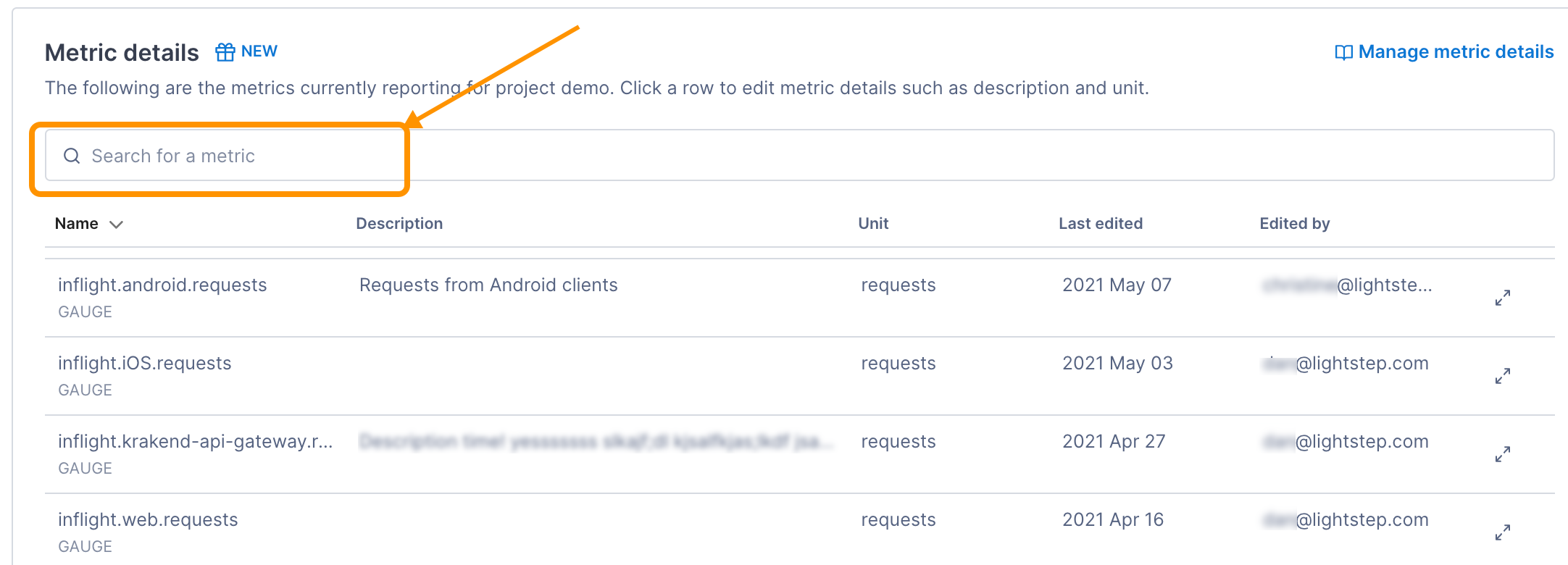The OpenTelemetry Collector, when configured with a Prometheus receiver, provides an integration with ZooKeeper to ingest metrics. The Collector fetches metrics from the configured path in the ZooKeeper configuration file and sends it to the Prometheus exporter. From there the metrics are received and processed by the Prometheus receiver and exported to Cloud Observability.
To complete the integration, you will:
- Configure ZooKeeper to use the Prometheus exporter.
- Configure the Collector to use the ZooKeeper endpoint as a scrape target for the Prometheus receiver.
- Enable the integration by adding it to a pipeline
Prerequisites
- ZooKeeper v3.6.0 or later
- You’ve configured the Collector to export metric data to Cloud Observability.
Configure ZooKeeper reporting
You need to configure ZooKeeper to use the Prometheus exporter.
In the zoo.cfg file, set the following:
1
metricsProvider.className=org.apache.zookeeper.metrics.prometheus.PrometheusMetricsProvider
For more details about using ZooKeeper with the Prometheus exporter, see the official ZooKeeper documentation.
Configure the Collector receiver
In the Collector configuration file, configure the Prometheus receiver to use the ZooKeeper endpoint as a scrape target.
1
2
3
4
5
6
7
receivers:
prometheus:
config:
scrape_configs:
- job_name: 'zookeeper'
static_configs:
- targets: ["zookeeper1:7000", "zookeeper2:7000", "zookeeper3:7000"]
The OpenTelemetry repo’s readme provides additional details about Prometheus receiver configuration.
Enable the Collector receiver
Once the ZooKeeper receiver is configured, enable it by adding it to one or more pipelines as described in the Collector configuration documentation.
Validate metrics are reporting to Cloud Observability
You can validate that metrics are reporting to Cloud Observability on the Metrics details page in Settings.
-
In Cloud Observability, click Settings > Metric details.
-
Search for ZooKeeper metric names.

See the receiver’s metadata file for a complete list of emitted metrics.
-
If needed, click on the metric to edit the description and how the units are displayed in Cloud Observability.
Create a dashboard for the metrics
Use the Cloud Observability Terraform Provider to create a dashboard for the metrics.
Additional resources
For a more complete example that’s ready to run, see the ZooKeeper integration in Cloud Observability OpenTelemetry Examples.
See also
Updated Dec 1, 2022
